Home > Climate News >

Structural complexity in forests improves carbon capture
Forests in the eastern United States that are structurally complex—meaning the arrangement of vegetation is varied throughout the physical space—sequester more carbon, according to a new study in Ecology, a journal of the Ecological Society of America…
“Many of the ecological indicators of forest growth and carbon sequestration fail to explicitly account for complexity,” Gough said. “These results, we hope, push the science forward by showing that how a forest is put together matters for carbon sequestration. And this relationship extends broadly to a number of different forests, from evergreen to deciduous and mid-Atlantic to Midwest.”

Agrivoltaics proves mutually beneficial
Building resiliency in renewable energy and food production is a fundamental challenge in today’s changing world, especially in regions susceptible to heat and drought.
Agrivoltaics, the co-locating of agriculture and solar photovoltaic panels, offers a possible solution, with new University of Arizona-led research reporting positive impacts on food production, water savings, and the efficiency of electricity production…

Scientists Have Been Underestimating the Pace of Climate Change
A book entitled Discerning Experts explains why—and what can be done about it.
Recently, the U.K. Met Office announced a revision to the Hadley Center historical analysis of sea surface temperatures (SST), suggesting that the oceans have warmed about 0.1 degree Celsius more than previously thought. The need for revision arises from the long-recognized problem that in the past sea surface temperatures were measured using a variety of error-prone methods such as using open buckets, lamb’s wool–wrapped thermometers, and canvas bags. It was not until the 1990s that oceanographers developed a network of consistent and reliable measurement buoys.
Then, to develop a consistent picture of long-term trends, techniques had to be developed to compensate for the errors in the older measurements and reconcile them with the newer ones. The Hadley Centre has led this effort, and the new data set—dubbed HadSST4—is a welcome advance in our understanding of global climate change…
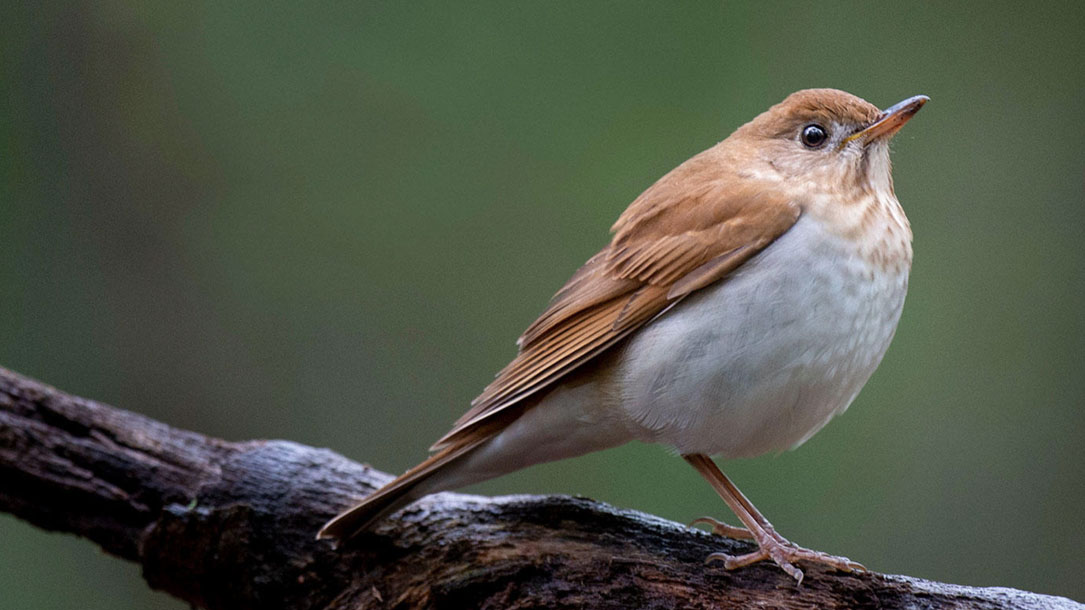
Are These Birds Better Than Computers at Predicting Hurricane Seasons?
“It was with some trepidation that, a little over a year ago, Christopher Heckscher tweeted a prediction: The 2018 Atlantic Ocean hurricane season would be stronger than average, with an accumulated cyclone energy—or ACE, a measure of the season’s intensity—somewhere between 70 and 150. His unease was understandable. Heckscher was publicly pitting his napkin-math projection against forecasts generated by state-of-the-art computer models churning through decades of meteorological data. And Heckscher isn’t even a meteorologist—he’s an ornithologist. The source of his data? A bunch of birds in Delaware.
Five months later, hurricane season was over and the results were in…”
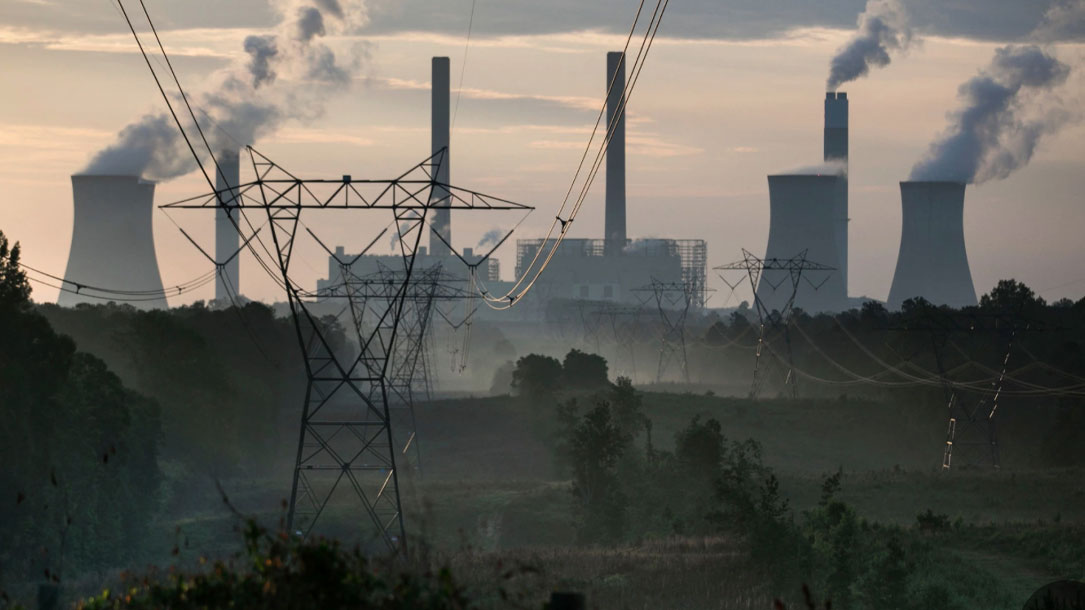
Scientists Fear Trump Will Dismiss Blunt Climate Report
“WASHINGTON — The average temperature in the United States has risen rapidly and drastically since 1980, and recent decades have been the warmest of the past 1,500 years, according to a sweeping federal climate change report awaiting approval by the Trump administration.
The draft report by scientists from 13 federal agencies concludes that Americans are feeling the effects of climate change right now. It directly contradicts claims by President Trump and members of his cabinet who say that the human contribution to climate change is uncertain, and that the ability to predict the effects is limited…”
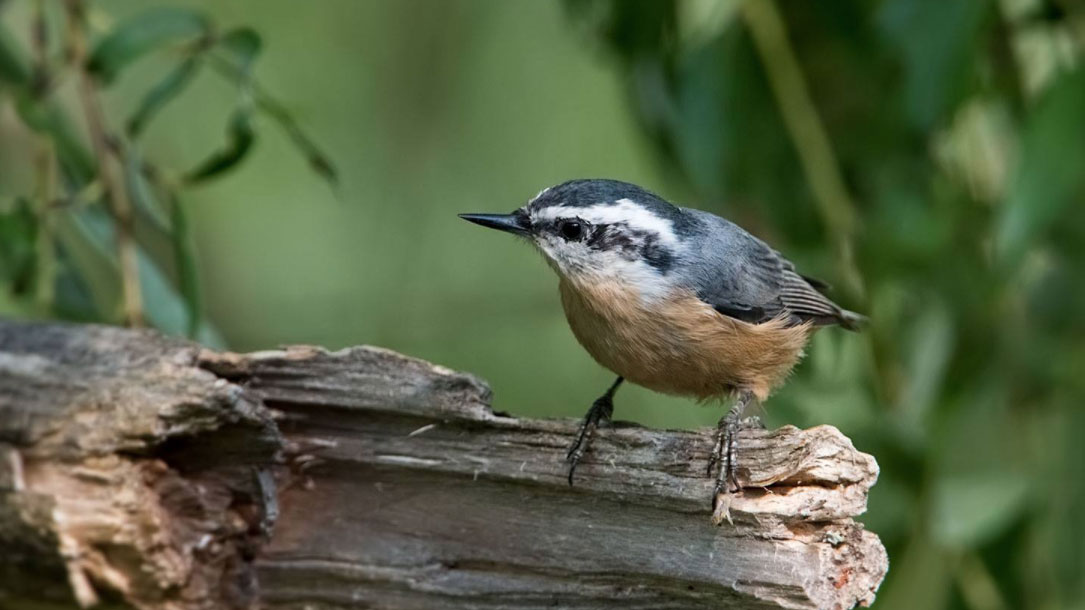
Why is climate change’s 2°C limit of warming so important?
If you read or listen to almost any article about climate change, it’s likely to refer in some way to the “2°C limit.” The story might also mention the greatly increased risks if the climate exceeds 2°C and the catastrophic impacts to our world if we warm more than that…
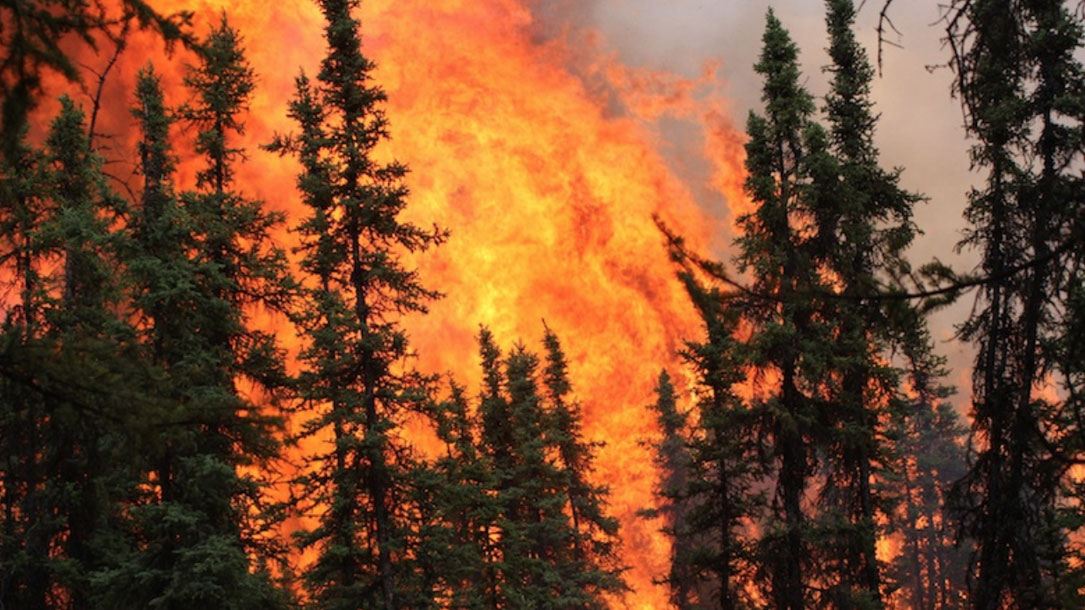
Wildfires Could Permanently Alter Alaska’s Forest Composition
“This summer, Alaska has experienced record high temperatures and devastating wildfires. If such events become more frequent, how might that impact our northernmost forests? A team of researchers led by the Department of Energy’s Lawrence Berkeley National Laboratory (Berkeley Lab) projected that the combination of climate change and increased wildfires will cause the iconic evergreen conifer trees of Alaska to get pushed out in favor of broadleaf deciduous trees, which shed their leaves seasonally.
Using a well-tested ecosystem model called ecosys, they predicted that by the year 2100 the relative dominance of evergreen conifer trees (black spruce) will decline by 25% and non-woody herbaceous plants such as moss and lichen will decline by 66%, while broadleaf deciduous trees (aspen) will become dominant, nearly doubling in prevalence. With such large declines, this shift in vegetation will highly likely have reverberations for the entire ecosystem and climate…”

Is a solution to climate change at the top of centuries-old trees? (Part one-video)
This past month, researchers from a UN panel on climate change recommended a simple strategy to help stem climate change: planting trees around the globe. The Milarch family has been doing its part by running Archangel Ancient Tree Archive, where David Milarch and his son Jake collect samples from tall “champion” trees to grow and replant…
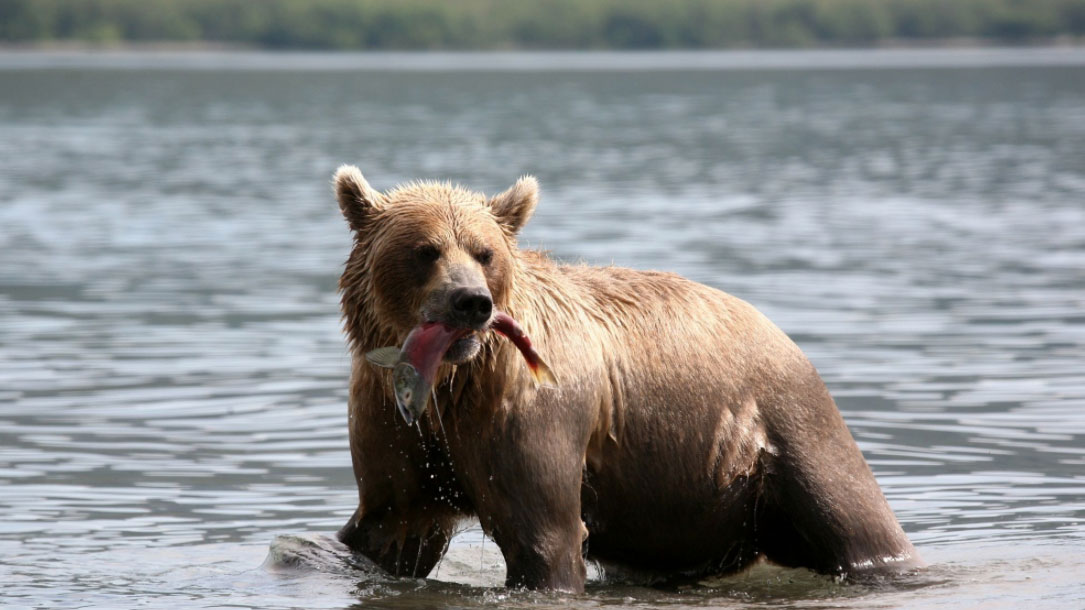
Global warming is pushing Pacific Salmon to the brink, federal scientists warn
The salmon populations that have persisted in Western rivers since the dam-building era have adapted to some water warming, and their sensitivity to climate factors has been incorporated in conservation plans, Crozier said.
But beyond two degrees Celsius of warming (3.6 degrees Fahrenheit) compared to the pre-industrial era, all bets are off, she said, because then the chances increase for significant changes in the ocean that could lead to a catastrophic failure of salmon populations…
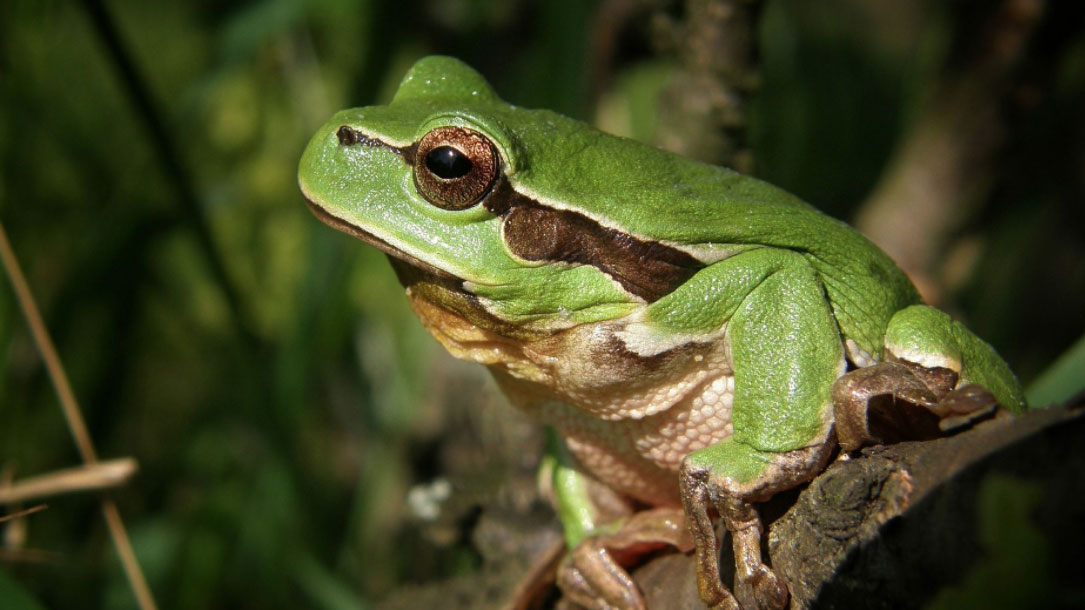
Adaptive responses of animals to climate change are most likely insufficient
“Biological responses to climate change have been widely documented across taxa and regions, but it remains unclear whether species are maintaining a good match between phenotype and environment, i.e. whether observed trait changes are adaptive. Here we reviewed 10,090 abstracts and extracted data from 71 studies reported in 58 relevant publications, to assess quantitatively whether phenotypic trait changes associated with climate change are adaptive in animals…”












